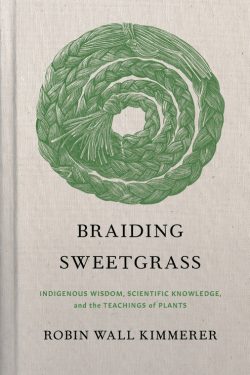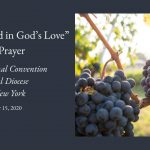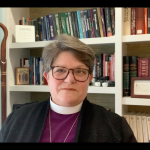For December 2020, the Diocesan Antiracism Team offers three resources that you and your parish can use to continue the work of listening, learning, and responding to racial injustice, this month with special attention to the experience of indigenous peoples.
‘We the People’ – the three most misunderstood words in US history
From the video description on YouTube: The son of an American woman of Dutch heritage and a Navajo man, Mark Charles offers a unique perspective on three of the most misinterpreted words in American History. Written in the Papal Bulls of the 15th Century, embedded in our founding documents in the 18th Century, codified as legal precedent in the 19th Century and referenced by the Supreme Court in the 20th and 21st Centuries, the Doctrine of Discovery has been used throughout the history of the United States to keep “We the People” from including all the people.
Doctrine of Discovery
From the video description on YouTube: This short film is part of 8 short, testimonial films, on the Haudenosaunee (Iroquois.) The Iroquois are embarking on an historic project about the 500-year history of the Iroquois, their relationship with Europe and America and their prophesies that, if heard, can help us navigate the oncoming changes due to climate change. This series of short films is done via their testimony, and creates the space for the Iroquois to tell their story as they strive to uphold the traditions and the legacy of their people while also protecting the central tenants of their people and their relationship and care for the Earth.
Braiding Sweetgrass, Robin Wall Kimmerer
 This beautifully written book has ties to Syracuse, NY in our own Diocese.
This beautifully written book has ties to Syracuse, NY in our own Diocese.
From the publisher: Drawing on her life as an indigenous scientist, and as a woman, Kimmerer shows how other living beings—asters and goldenrod, strawberries and squash, salamanders, algae, and sweetgrass—offer us gifts and lessons, even if we’ve forgotten how to hear their voices. In reflections that range from the creation of Turtle Island to the forces that threaten its flourishing today, she circles toward a central argument: that the awakening of ecological consciousness requires the acknowledgment and celebration of our reciprocal relationship with the rest of the living world. For only when we can hear the languages of other beings will we be capable of understanding the generosity of the earth, and learn to give our own gifts in return.


